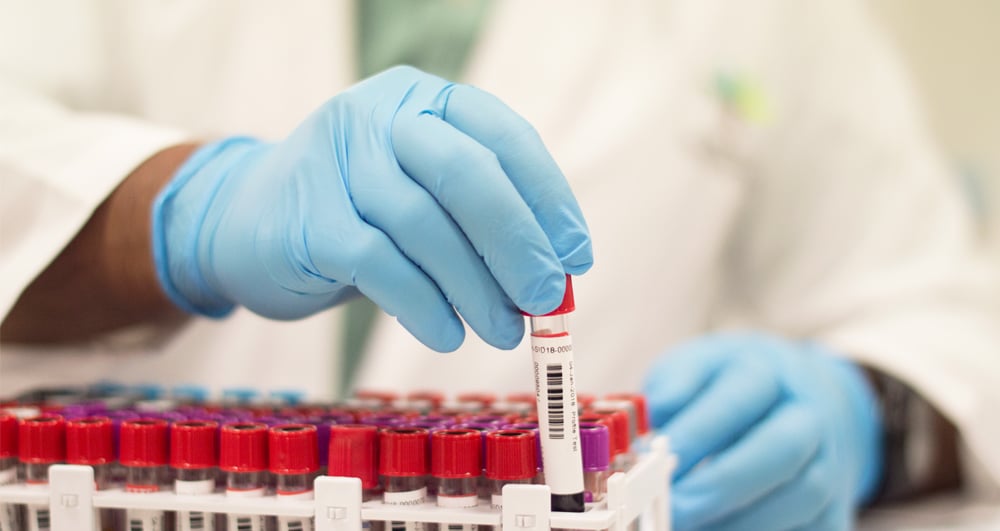Buhari Seeks Progress Report On Vaccine Production From Ehanire
President Muhammadu Buhari has requested a progress report from the Health Minister, Osagie Ehanire on the local production of pharmaceuticals to meet Nigerian needs, a programme to which huge funds had been committed.
The federal government at the break of Covid-19 in 2020, channelled funds to the health sector via the Central Bank of Nigeria(CBN) intervention programme called Healthcare Care Sector Research and Development Intervention Scheme (HSRDIS) or Health Sector Intervention Facility (HSIF) 2020.
The programme to which N100 billion was committed, in addition to other supports, is to strengthen the healthcare sector’s capacity to meet potential increases in demand for healthcare products and services. The scheme is to provide credit to indigenous pharmaceutical companies and other healthcare value chain players intending to build or expand capacity.
Buhari, at a meeting with the leadership of the Nigeria Integrated Biopharmaceuticals Industries Consortium (NIBI), asked Ehanire to submit the progress report by end of May, two years after the facility was instituted for the health sector.
The NIBI consortium led by Vilarugel Cuyas, Chief Executive Officer of Fredlab was at the Aso villa to seek collaboration with the Nigerian government.
The NIBI consortium comprises European biotechnology companies Merck, Unizima, Rommelag and Fredlab, who are collaborating with the Nigerian start-up PIA BioPharma to establish a world-class Bio-Pharma Industrial Complex for the manufacture of vaccines and essential therapeutics in Nigeria.
Buhari, having prided his administration as one that considers food and medicine sufficiency as national security, asked the health minister to work closely with the consortium on the Federal Government support required for the actualisation of the NIBI project within the next few months.
“While the Ministry of Health continues to drive collaboration with investors for vaccines, pharmaceuticals and medical devices, in a move towards self-sufficiency, I welcome the NIBI consortium’s desire to partner with the Federal Government in support of our agenda and look forward to the implementation of the NIBI project as it takes shape,’’ the president said.
The impact of the COVID-19 pandemic on Nigeria’s economy and health systems and how some nations with comparative advantages in being centres of bio-pharmaceutical productions led Nigeria to adopt a “me-first” attitude to secure its citizens.
“I want Nigeria to make a bold statement in this field not just for reasons mentioned earlier, but because of its knock-on effects on our economy at large.’’
Buhari said the country learnt key lessons from the pandemic, including that countries must look inward for sustenance in food and medical supplies.
“Having witnessed the impact of the COVID-19 pandemic on our health system, our communal life and national economy, from which we are yet to fully recover, we are reminded that the wealth of a nation is dependent on the health and wellbeing of its citizens.
“At the advent of the COVID-19 pandemic, Nigeria was quick to respond to what seemed an existential threat, by strengthening the health system’s capacity to handle the pandemic – an initiative that continues till today in collaboration with the state governments, private sector and international partners.
The president said key lessons of the pandemic are that nations can be brought to their knees by disease outbreaks that cripple national and international trade, and that countries must be able to look inwards for sustenance in food and medical supplies.
The benefit of the administration’s early investment in agriculture came to light during global turbulence
However, we cannot say the same for essential medicines, health supplies and most important vaccines to protect our citizens, noted Buhari who said that increasing the capacity for in-country production of vaccines and medical supplies has therefore become a matter of not just urgency, but of national security.
“As we saw, many nations who had developed comparative advantages in being centres of bio-pharmaceutical productions adopted a “me-first” attitude towards securing their citizens.
“These actions placed developing nations, particularly those in Africa at a severe disadvantage.’’
The president noted that as part of the fallout and lessons learned from the crises, under his directive, the minister of health had been conducting local and international high-level consultations to seek access to the know-how and finance to revive domestic manufacturing of vaccines.
He added that the consultations had become more important as Nigeria prepares to fully transition from the Global Alliance for Vaccines and Immunisation (GAVI) support for the supply of vaccines by 2028.
“Since we consider food and medicine sufficiency as national security issues, technical and financial investments and partnerships are priorities in our policy planning, with the assurance that Nigeria has the market and a pool of expert scientists to draw upon, from within and outside the country,’’ he said.



Comments are closed.